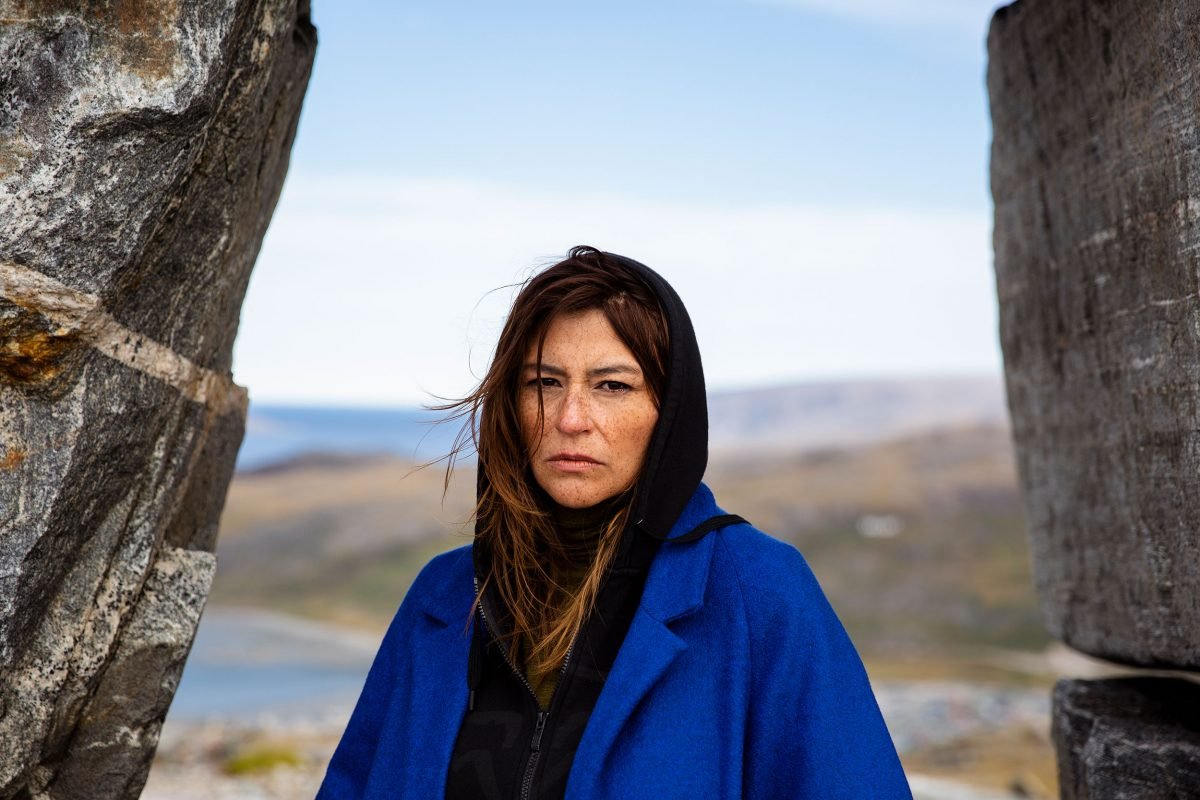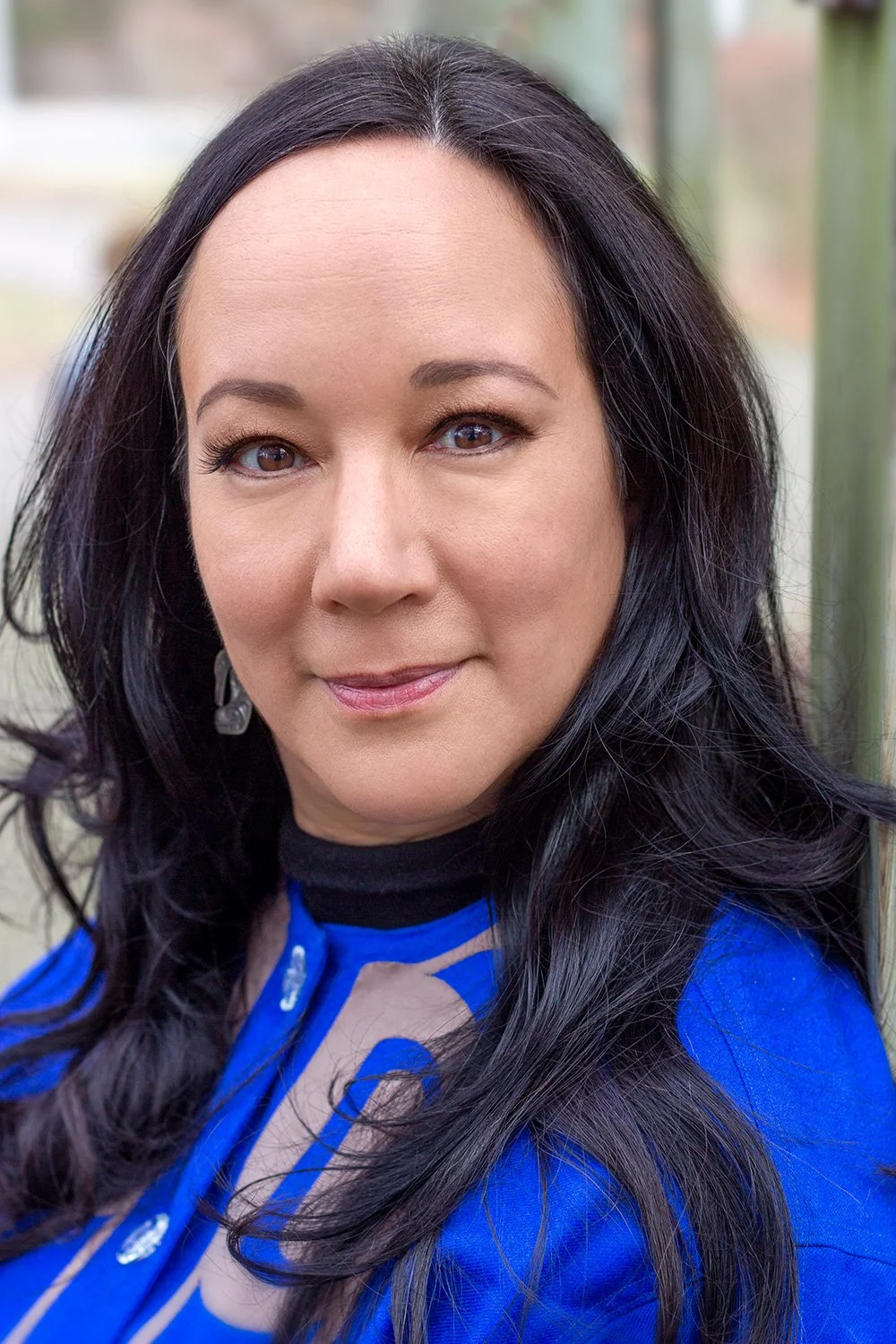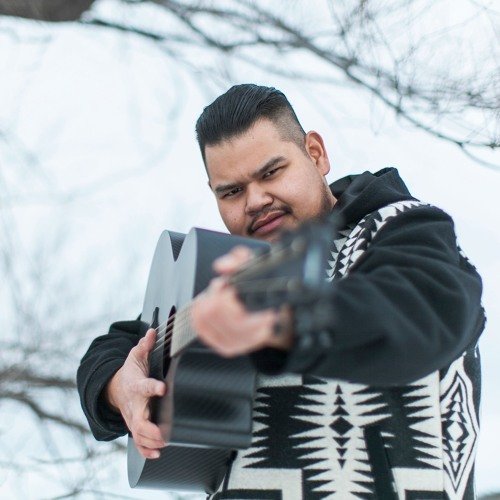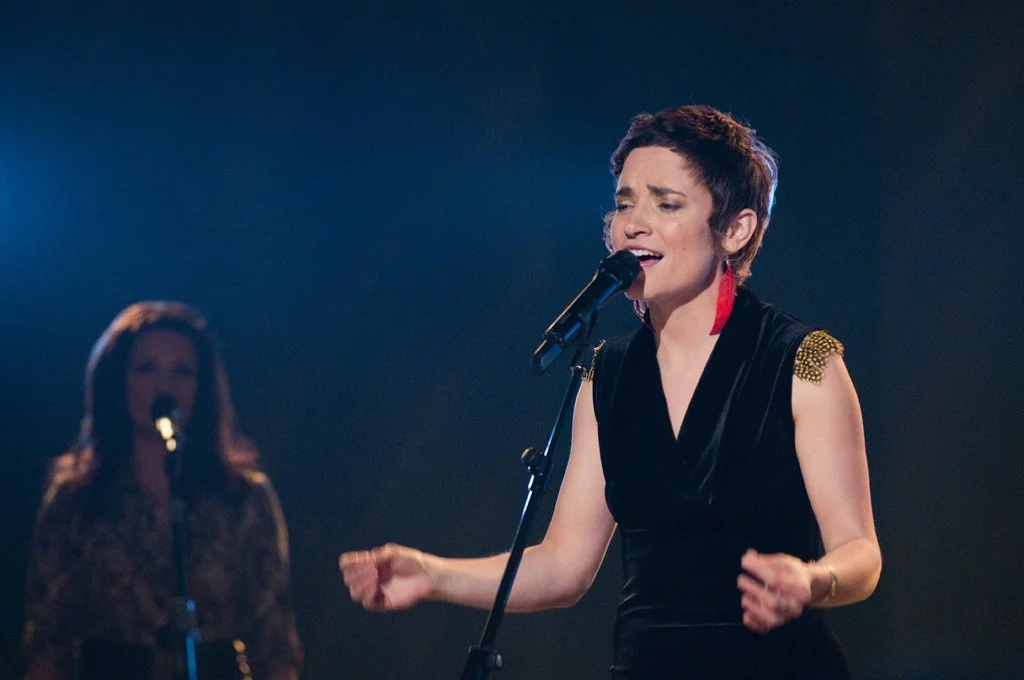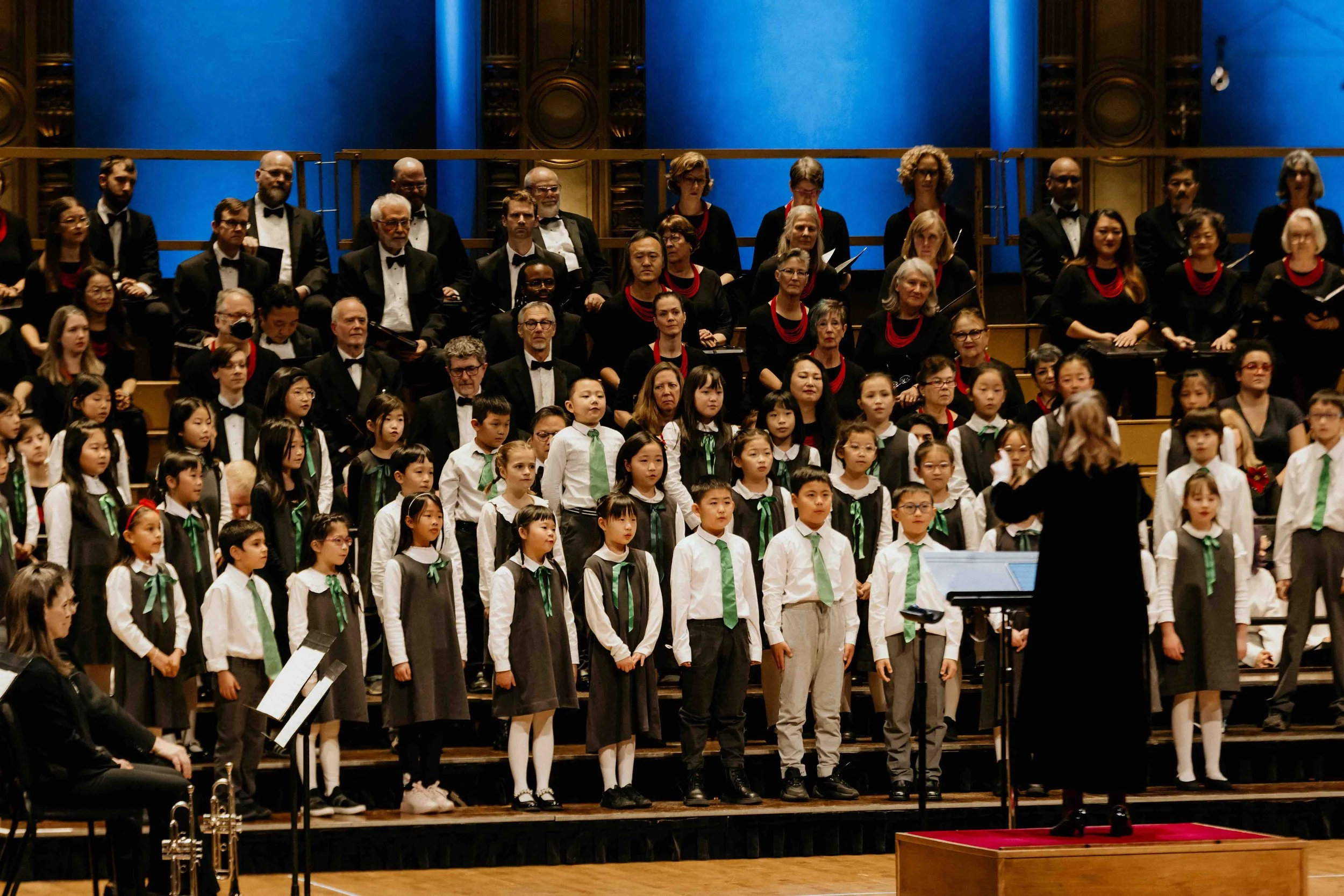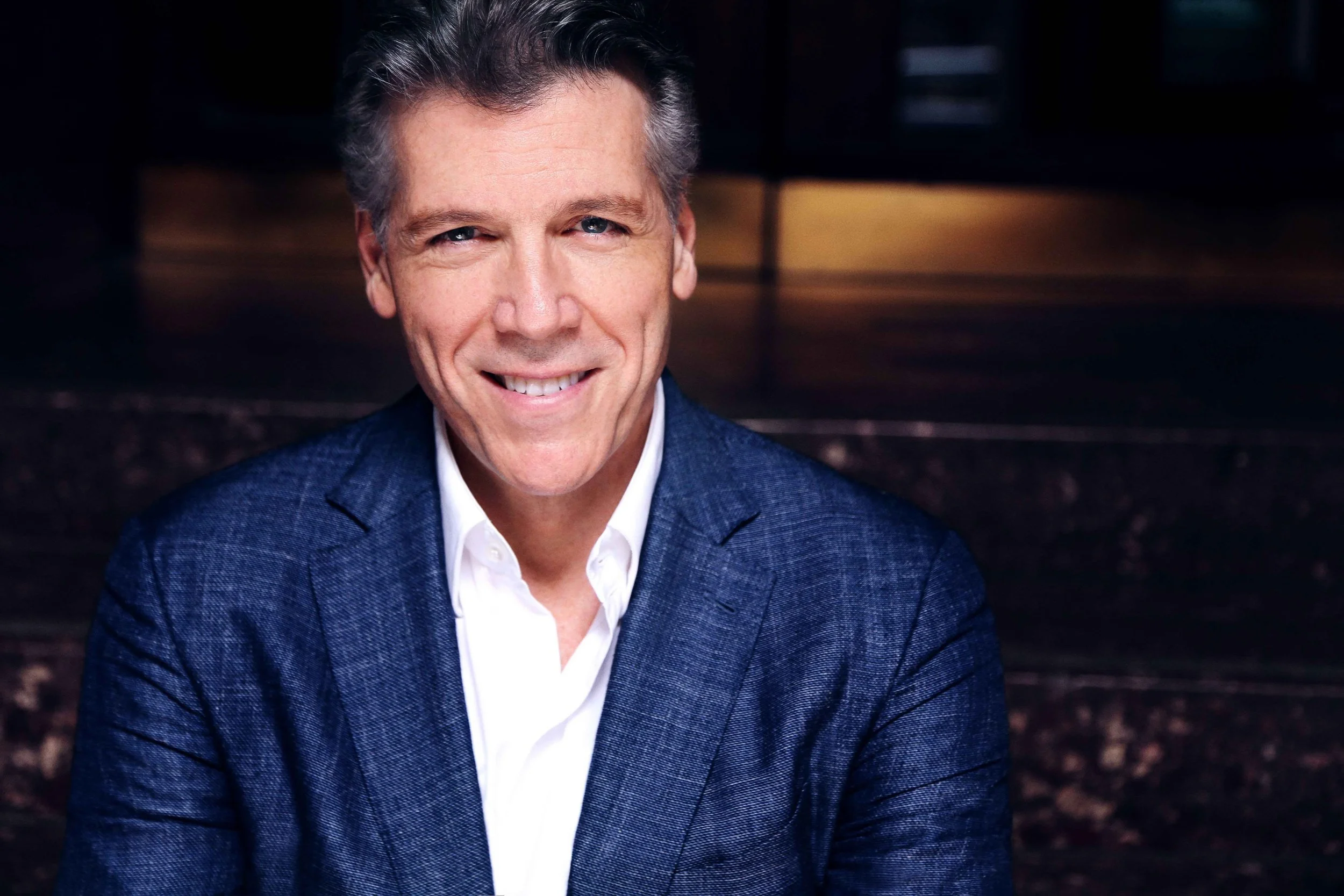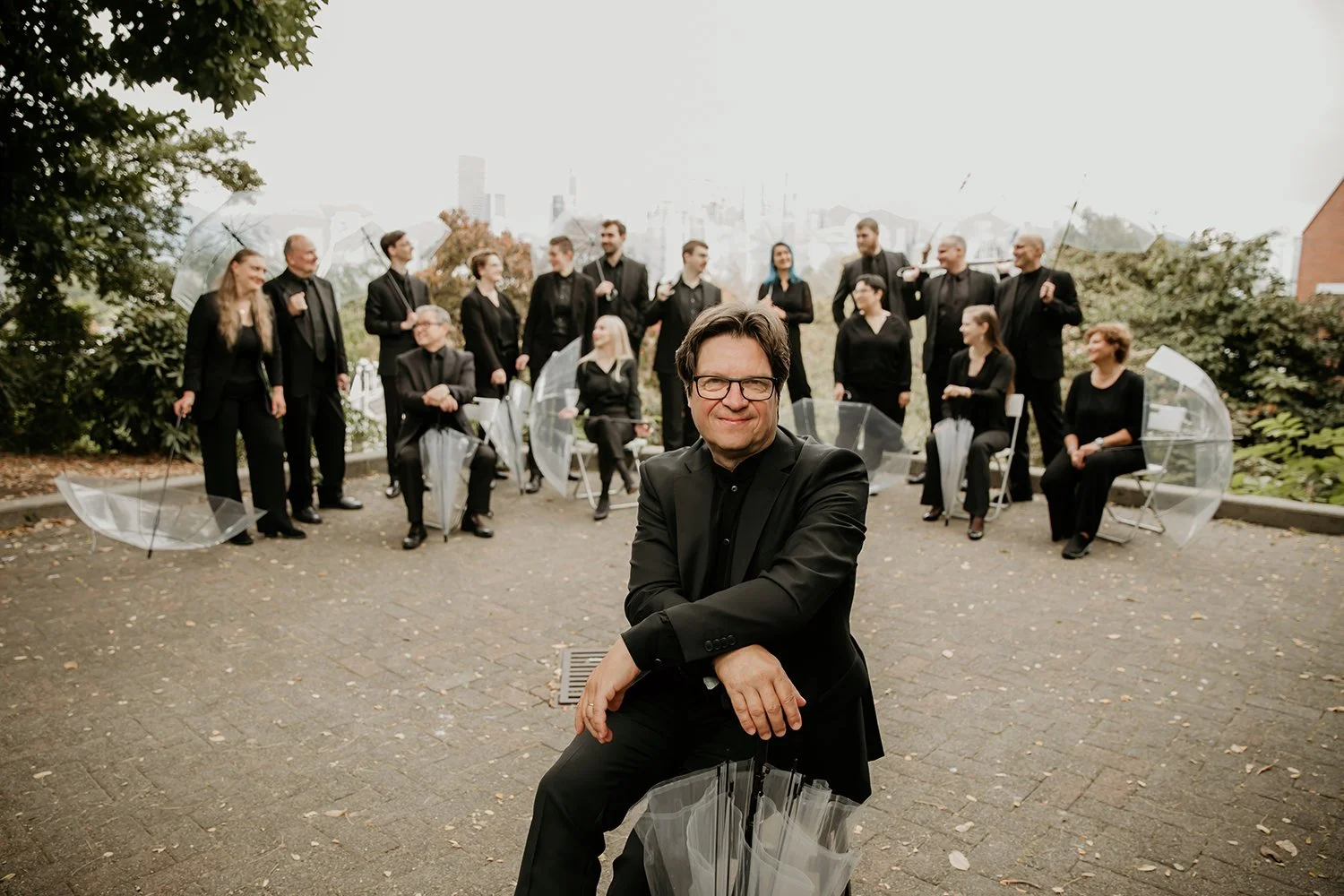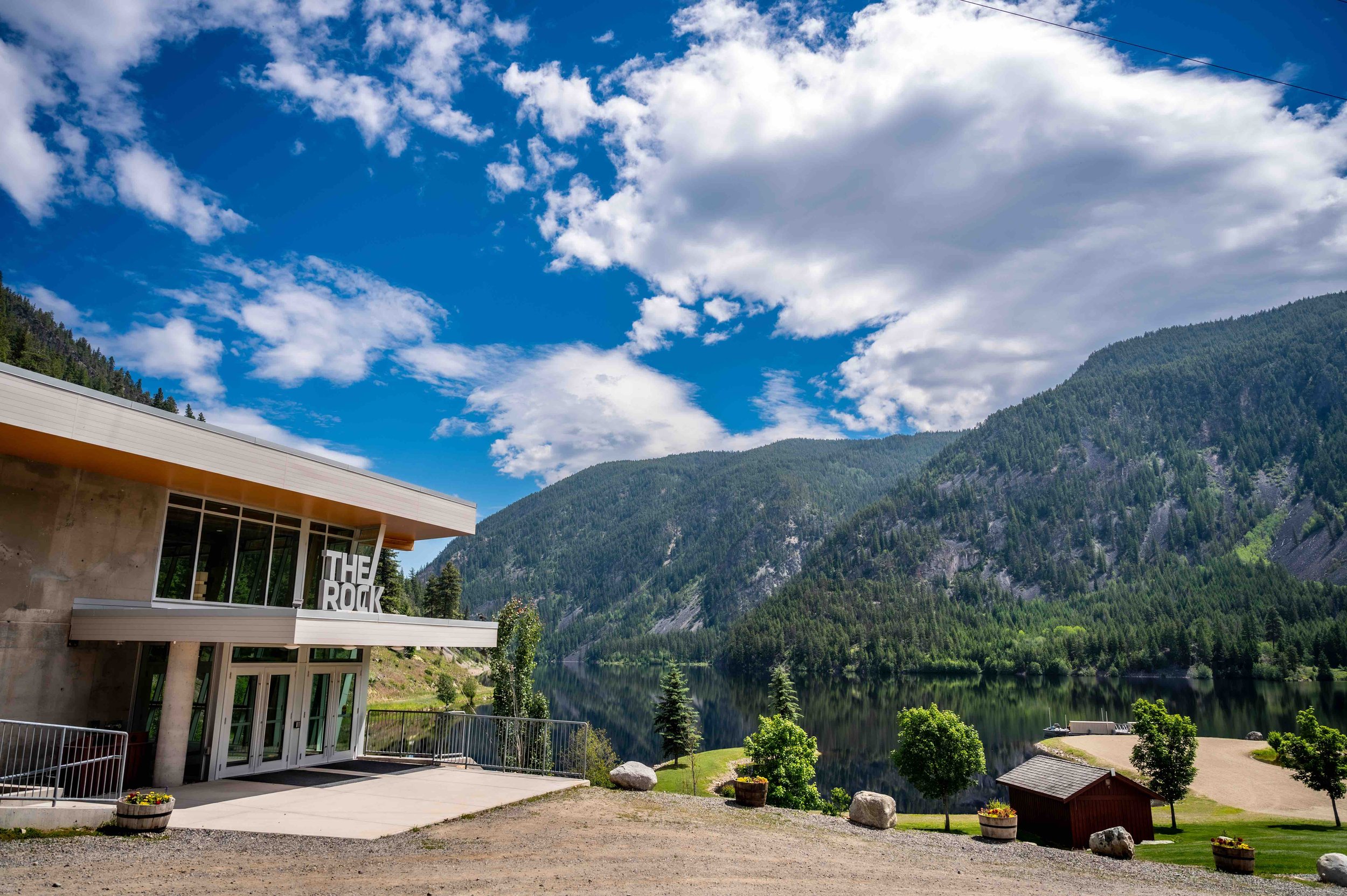Indigenous artists Elisapie, Leonard Sumner, and Moe Clark speak from the heart through music and sound
Stir connects with the groundbreaking artists who are performing live as part of the month-long series Decolonize the Chan
Elisapie.
The Chan Centre presents Decolonize the Chan, with events on March 5 (Leonard Sumner), March 11 (Elisapie), and March 26 (Moe Clark: Feast of the Invisible), curated by guest curator Marion Newman.
INUK ARTIST ELISAPIE Isaac, who goes simply by Elisapie, defies categorization. She’s an activist, storyteller, documentary filmmaker, and singer-songwriter who performs in Inuktitut, English, and French, drawing attention to issues facing Indigenous communities—Indigenous women in particular. Based in Montreal and born in Salluit, a small village in Nunavik in Quebec’s northernmost region, Elisapie brings her genre-smashing folk-, blues-, Inuit- and indie-rock-inflected music to the West Coast for a performance that she says will be one of her last for The Ballad of the Runaway Girl. Her fourth album, which was shortlisted for the 2019 Polaris prize, is her most personal release to date, one that explores her adoption, her birthplace and her departure from it, motherhood, womanhood, her people’s connection to the natural world, and much more.
“These songs tend to ground us [her and her band members] a lot,” Elisapie, a mother of three, says on the line from her Montreal home. “I’m really excited, and I think it’s going to be very emotional. These songs ground us so much, but we have such a fun time being in the moment, when it’s time to sing out loud or be very soft. There are very intense emotions through the songs—and I have a feeling we’re going to be on fire.
“Sometimes I cry: it’s been so long that we have performed, I’ve realized it’s such a spiritual and very beautiful, ceremonial thing to be on stage,” she adds, noting that the March 11 concert was supposed to take place over a year ago but was postponed due to the pandemic. “I think we may sometimes take it for granted. I have a feeling it’s going to be a very raw and electrifying feeling for us, and if it’s like that for us, it will be for the audience.”
Elisapie’s upcoming live performance is part of Decolonize the Chan. The inaugural mini-series at the Chan Centre for the Performing Arts features Indigenous artists who are at the forefront of advocacy and art, each selected by guest curator Marion Newman. Anishinaabek MC and singer/songwriter Leonard Sumner kicks off the series on March 5, and Two-Spirit Métis multi-disciplinary artist and activist Moe Clark performs on March 26.
Elisapie tells Stir that the making of The Ballad of the Runaway Girl helped her reach a new place in her professional and personal life. (Watch the videos for Una Parts I, II, and III, which are about her adoption at birth and include an interview with her biological mother, and be sure to have tissues handy.)
“I’m in my 40s now and I think as a young Inuk artist, transitioning to a very different life in Montreal, I was just feeling very shy about everything—am I actually a singer? I was doubting constantly,” says Elisapie, who’s currently working on a new album, among several other projects. “Given there weren’t many Inuit or Indigenous singers that people were listening to here 20, 15 years ago, I was constantly trying to adapt to a certain way of doing things. My last album became a very big part of my healing journey and my spiritual connection, going back to the roots and really finding who I truly am and bringing back all those values.
“I think it’s all about trying to connect to my deep emotions, and hopefully people can relate to them, especially as women, who are always trying to be put in this little square box, and we are not meant to be in square boxes,” she says. “We give life, even though giving birth is so violent. We’re meant to be examples of life; life starts with us. It’s very liberating to be talking about these things.”
It’s also powerful, with Elisapie using her voice and her lushly layered and moving music to raise awareness of pressing issues, such as sovereignty, systemic racism, and violence faced by Indigenous women and girls. In 2020 alone, she co-organized a benefit concert for the Unis’tot’en Camp, a resistance community in northern B.C. protecting Wet'suwet'en territory from several proposed pipelines, and put on a concert to honour the life of Joyce Echaquan, a 37-year-old Atikamekw mother of seven who died while seeking health care in a hospital in Joliette, Quebec.
“It’s very tiring emotionally, but it’s been very beautiful also, being able to speak my mind and people listening,” she says. “I have that privilege.”
Elisapie hopes that people of all backgrounds will recognize themselves in her music and that ultimately, her songs and stories will resonate with them on a deep level.
“I’m trying to remind people to look at the mirror and look at their history,” she says. “We’re constantly told ‘You’re going to make it’ and ‘Indigenous people: just be strong.’ We are trying to survive right now. We have the highest rate of suicide in the pandemic. We’re doing all that work and it’s very draining to heal ourselves. We also need non-Indigenous people to come and meet us halfway and have really great dialogue. I try to speak to this but I definitely don’t want it to be a political statement all the time; I really want to make it about the music and reaching people.
“I express myself in all of my languages to better communicate with all people, and that really is my passion,” she says. “I wanted to be a journalist and I’m a documentary filmmaker, but I’ve found a really great tool for me is songwriting. I want to reach the emotional, creative side.”
The term “decolonization” is one that has different meanings to different people. For Elisapie, she sees decolonization unfolding, ever so slowly. “We need non-Indigenous people to understand that we can go back and fix things,” she says. “That’s how I see it. We have to learn to accept that if we make a mistake, we can fix things.
“For me, the word ‘decolonization’ is a responsibility of non-Indigenous people to better understand our situation, and to better understand their history, and to really make peace with us,” she says. “We are still living with the trauma in our blood, but hopefully my daughter and her children won’t have that in their blood. Decolonizing takes time, and it takes a lot of dialogue and a lot of actions.”
Marion Newman. Photo via the Chan Centre.
Marion Newman, mezzo-soprano of Kwagiulth and Stó:lo First Nations, English, Irish, and Scottish descent, notes that the purpose of Decolonizing the Chan is to make specific space for Indigenous voices to share what they want to express in their own ways. It’s a process that starts well before the artists step on stage and is not straightforward, right down to the minutiae of logistics. Case in point: with existing building rules and bylaws, what has to be put in place if artists want to smudge before a performance?
“It’s not just the concerts but the entire process of bringing artists in and asking them what it is that will make them comfortable,” Newman says, adding that “decolonization” requires a lot of listening.
“Where we begin when we don’t know is always listening, and the concert series is perfect series for that, because that’s the whole set-up: an audience comes to view, witness, listen, and learn, ultimately, and maybe be provided with some inspiration, some peace, and some good, toe-tapping times to make them feel more connected, more alive.”
While Newman’s platform to tell stories is opera, she sees commonalities in themes that Indigenous artists are expressing, no matter their genre. “It’s really empowering to have more voices saying things that matter to them,” Newman says. “It’s an opportunity to connect and I guess grow the movement raising our voices–voices that have been silenced in so many ways for so long.”
The series is also a way for non-Indigenous people to be allies. While some might attend a protest or choose to read a book to deepen their understanding, going to a concert is another way of learning and engaging. “Supporting Indigenous art, and in being supportive by being an audience member, that in itself is such a wonderful way to support Indigenous voices being raised in a way that is not just about protest but also about creating art and beauty and sharing the realities, the joys, and not just what makes it to the news or even worse, what doesn’t make it to the news. That creates compassion and empathy, and that’s what we really need.”
Leonard Sumner finds magic in music
Anishinaabe emcee-singer-songwriter Leonard Sumner was surrounded by music during his upbringing on the Little Saskatchewan First Nation in Manitoba, where his mom always had the radio on, KY58, an AM station that played golden oldies. He remembers a substitute teacher who would come into his school on an abandoned military base with a guitar and play Steve Earle songs. Sumner, who welcomed a baby girl with his wife in March of 2020, draws on everything from hip-hop and spoken word to country and R&B in his music, something that comes naturally to him.
“I guess for myself, I always see music almost like escapism,” Sumner tells Stir by phone. “It’s a step out of the physical realm. When I perform, sometimes I’ll do an hour-long set, and when I’m done it feels like it’s been 30 seconds. It’s like time doesn’t exist. It’s like I’m not there and I come back into my body at the end of it. It feels like such a powerful journey.
“It feels a little bit like magic,” adds Sumner, who has performed everywhere from ceremonies to the Sydney Opera House. “It’s like stepping into a little portal that takes you to a place where you’re just putting everything into the song, into the moment. It’s a beautiful feeling for me. That’s what I miss about doing live shows.”
When he appears as part of Decolonize the Chan on March 5, Sumner will share songs from throughout his career, including some off of his most recent album, Thunderbird, released on his daughter’s first birthday and named in honour of his mother, whose spirit name means Brown Thunderbird. It touches on subjects such as residential schools and colonialism as well as experiences everyone can relate to.
“When I’m upset, when I’m angry, when I’m speaking about injustice, when I have something to say about Indigenous issues: that’s what gets a lot of the focus [in the media], but if you go back and look at my catalogue, there are songs of love, of overcoming, maybe not so much about happiness but about existing and allowing yourself to experience all your emotions,” he says. “It wasn’t always just about anger to me, but that’s what spoke to a lot of people. There is a vastness of emotions, but a lot of what gets focused on is Indigenous issues, because, I don’t know, I think people like drama, people like conflict; it helps them express thoughts maybe they’ve been having but haven’t been able to string together in a form of expression, maybe they haven’t had the words for it.
“That’s what artists do,” he says. “We all experience love, heartbreak, and anger; artists are the ones who can put it into a form that everyone understands.”
Pat Carrabré, director of the Chan Centre, notes that the series is part of the organization's larger goal to give audiences as many diverse perspectives as possible and make space for a wide range of ways of engaging with music and dance and story. “We’re in an extremely beautiful concert hall that really fits that stereotype of western art, music…where there’s an artist on stage and the audience around it. We’re trying to ask ourselves ‘How do we make sure there’s space for different ways of thinking about music and…what does it mean for us to engage differently with artists and the space we’re in?” Carrabré tells Stir. “We have this beautiful architecturally amazing building at a big international university, and I think we have a responsibility to take a leadership role in trying to figure out some of these questions….We have a responsibility to make sure that voices that have not been heard as much have that opportunity in the best environment that is appropriate for how they want to communicate.”
Moe Clark.
Moe Clark feasts with sound and voice
Moe Clark is a Two-Spirit Métis performer, spoken-word artist, singer-songwriter, and activist who incorporates a looping pedal into her sonic landscapes. She also works as an artistic producer (Clark directed the 10th Annual Canadian Festival of Spoken Word in Montreal in 2013) and a community arts educator, drawing from traditions such as the talking circle, using a microphone as a talking stick to engage youth through technology.
On March 26, Clark will perform Feast of the Invisible with six other musicians, the multidimensional piece fusing jazz, folk, trance, and têwêhikan (hand drum) music with songs in Cree, Ojibwe, Inuktitut, and English. Through sounds such as the voice of Bob Smoker, an elder Cree, from archival recordings; a classical harp, sometimes altered with pedals and distortion; and throat singing, the artists pay homage to that which guides, protects, and supports them in nonvisible ways as a form healing, Clark says on the line from home the day before going on her honeymoon. “It’s really songs, stories, and music that connect to spirit and to the animal-life energy, different beings whether they be animal—four-legged or winged—Northern lights, or aurora borealis, or other relationships that are foundational to our well-being,” Clark says. “In breaking through cycles of silence, working through the colonial process, finding ways to heal the rupture and the trauma….we have more access and more vision to be able to see and value and find gratitude in all of these relationships.
“There are different ways we feast,” Clark adds. “Sometimes we feast with food, sometimes we feast with good words, sometimes we feast with gestures and actions; this is really feasting with music and sound and voice. Really anyone who enters that space will also be journeying with us in one way or another. I think that there is a lot of healing in that.”
For Clark, her earliest experiences of music and of song were in some ways her introduction to ceremony–and to “how immersive and how loving and how kind and how gentle and how healing those spaces can be”.
“My first language is really song, being a very quiet, very shy little one when I was younger,” Clark says. “I feel like there was a point of safety where I could imagine whatever world I wanted to live in; even if the world I was currently living in had problems and challenges I didn’t quite understand, music was a refuge. I still feel it is. That’s ceremony, when you enter into these somewhat dark, unknown places,” Clark adds. “Being in that liminality, that threshold, the space can be so transformative because of where the mind, body, spirit, and soul go and have the opportunity to go. There aren’t the day-to-day constraints. Music really helps to open up that space, that liminality, so that you can really go wherever you need to go in that moment.”
For more information, see the Chan Centre.



